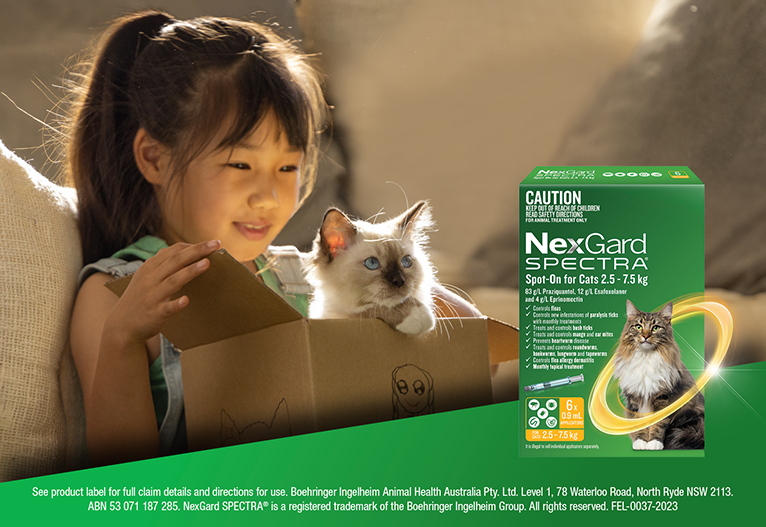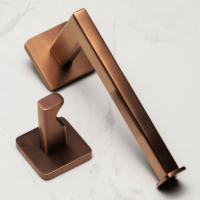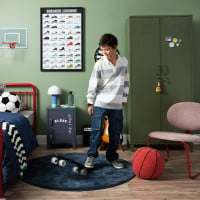If you’re like me, then you feel joy and pride in watching your child grow, learn and achieve in life. Loving parents are their children’s biggest “cheer leaders”.
With young children you often hear parents say “great job” or “well done” and as their children become tweens and teens you might witness parents saying “I’m so proud of you”.
When I was growing up – it was SO different.
My father never gave me praise, in fact he did the opposite he often criticised me, based on the belief that I might get “a big head” or get “too big for my boots” if he said good things. What was it like when you were growing up? Did you get praise or put downs?
Here is a short video of a presentation I gave at a parenting conference on how to support good self esteem and self confidence in kids.
Parents are often generous in their praise telling their children how wonderful they are and how well they have done on the various activities they’ve completed. But is this a good way to parent?
While positive reinforcement and praise helps children feel valued and important, if parents aren’t careful it can also have a negative impact on children by getting them used to only looking outside of themselves for praise, feedback and ultimately self worth.
“self-worth comes from within not from outside”
Do you find your children are constantly looking to others for praise or recognition for the things they do? And if so, are you worried about it?
A few years ago I became concerned about our son becoming a “praise junkie” when he turned to me one day and said “Mummy do you love this?” as he held up his masterpiece with pride?
Until that day, it seemed right to simply be supportive and positive about anything Cameron did – even if he drew a single line with a black pencil I’d exclaim with joy “that’s wonderful honey!” Does this sound familiar?
That day, I reflected and something just didn’t feel right about me praising him for his work all the time. So I followed my gut feeling and started to do some research into praise and external validation. My gut feelings were right, my research revealed that continually praising a child’s achievements conditions them to being solely reliant externally for validation and self worth.
If your child constantly looks to others like parents, teachers, siblings or friends for approval and praise, this puts them in a vulnerable position. Vulnerable as your child has no control over how others will feel or respond to their work or respond to them as a person.
Children need to develop a balance between evaluating and accepting themselves – internal validation and getting some feedback from outside themselves – external validation.
How can you support your child to self evaluate and build self-esteem?
You can support your children to build a healthy sense of self and good self-esteem by encouraging them to self-evaluate their work first. For example if your child asks “do you like this?” You can reply with something like:
“thanks for asking my opinion, but before I give it, how about you tell me how you feel about it? OR “before I answer, I’d love to know if you like it?” OR “if you enjoy doing it?”, OR “if you could do it again what might you do differently to improve it?”
I generally find that after I have encouraged our son Cameron consider his work first, by focussing his attention on how much he enjoyed doing it and thinking about other things he could do … he generally isn’t interested in my opinion at all! Too funny! The key for me is that I have helped him look internally for validation rather than relying on me telling him he’s done “a great job”.
Having said that, it is also good for children to be open to other people’s ideas and feedback – but not as a reflection of their self worth. Helping children to be open to a teacher’s feedback and their parents support are wonderful skills for them to learn and develop. However, if after your children have answered all of the questions you posed to help them look inside themselves for feedback and validation of their work and they still ask for your opinion; then you can give it.
“Praise your child’s efforts rather than their outcomes”
You can also comment on and praise your child’s efforts or actions rather than their outcomes. For example you could say:
“I saw how long you worked on your picture/homework/building. Staying focussed and working on something for a long time is a good skill to have when you want to get things done.”
I hope this simple activity helps you to support your children to become aware of the:
- dangers of only looking externally for praise and recognition.
- many benefits of starting with an internal focus for self validation, self appraisal and building self esteem
- importance of referring internally first when evaluating and validating oneself or one’s achievements and balancing this with referring externally as needed or for further information.
The key is to remember that teaching children important life skills like self assessment and self validation takes time – so it is about continual reinforcement that creates good results.
I know it works, just yesterday Cameron and I were doing craft together making origami lady beetles and finishing them off by sticking some little sparkling gems stones on their backs. Cameron said something along these lines:
“Mum, your lady beetle is beautiful. Do you like mine? I know it’s most important that I like my work, but I want to know what you think.” I responded “Yes, it’s been fun and relaxing doing lady beetles with you. I think our lady beetles look great together. Do you want to make another one?” Cameron suggested we make an elephant instead!
I felt so good inside knowing that Cameron is on the road to learning how to look inside himself and feel the personal joy of his own achievements rather than focusing on whether someone else likes them or not!





















8:24 am
10:39 pm
-

-
-
-
dr rosina mcalpine replied
- 30 May 2014 , 8:48 am
Reply9:42 pm
-

-
-
-
dr rosina mcalpine replied
- 30 May 2014 , 7:46 am
Reply8:27 pm
-

-
-
-
dr rosina mcalpine replied
- 30 May 2014 , 8:50 am
Reply8:25 pm
-

-
-
-
dr rosina mcalpine replied
- 30 May 2014 , 8:51 am
Reply7:38 pm
-

-
-
-
dr rosina mcalpine replied
- 30 May 2014 , 8:54 am
Reply5:40 pm
-

-
-
-
dr rosina mcalpine replied
- 30 May 2014 , 8:57 am
-

-
-
-
kjgarner replied
- 01 Jun 2014 , 3:49 pm
Reply5:01 pm
-

-
-
-
dr rosina mcalpine replied
- 30 May 2014 , 9:01 am
Reply4:35 pm
-

-
-
-
dr rosina mcalpine replied
- 30 May 2014 , 8:45 am
Reply4:33 pm
-

-
-
-
dr rosina mcalpine replied
- 30 May 2014 , 8:58 am
Reply4:26 pm
-

-
-
-
dr rosina mcalpine replied
- 30 May 2014 , 9:02 am
Reply4:06 pm
3:24 pm
-

-
-
-
dr rosina mcalpine replied
- 30 May 2014 , 9:06 am
Reply2:55 pm
-

-
-
-
dr rosina mcalpine replied
- 30 May 2014 , 9:09 am
Reply2:42 pm
2:15 pm
-

-
-
-
dr rosina mcalpine replied
- 30 May 2014 , 9:12 am
Reply2:02 pm
1:50 pm
12:42 pm
11:51 am
- «
- 1
- 2
- 3
- 4
- »
Post a commentTo post a review/comment please join us or login so we can allocate your points.